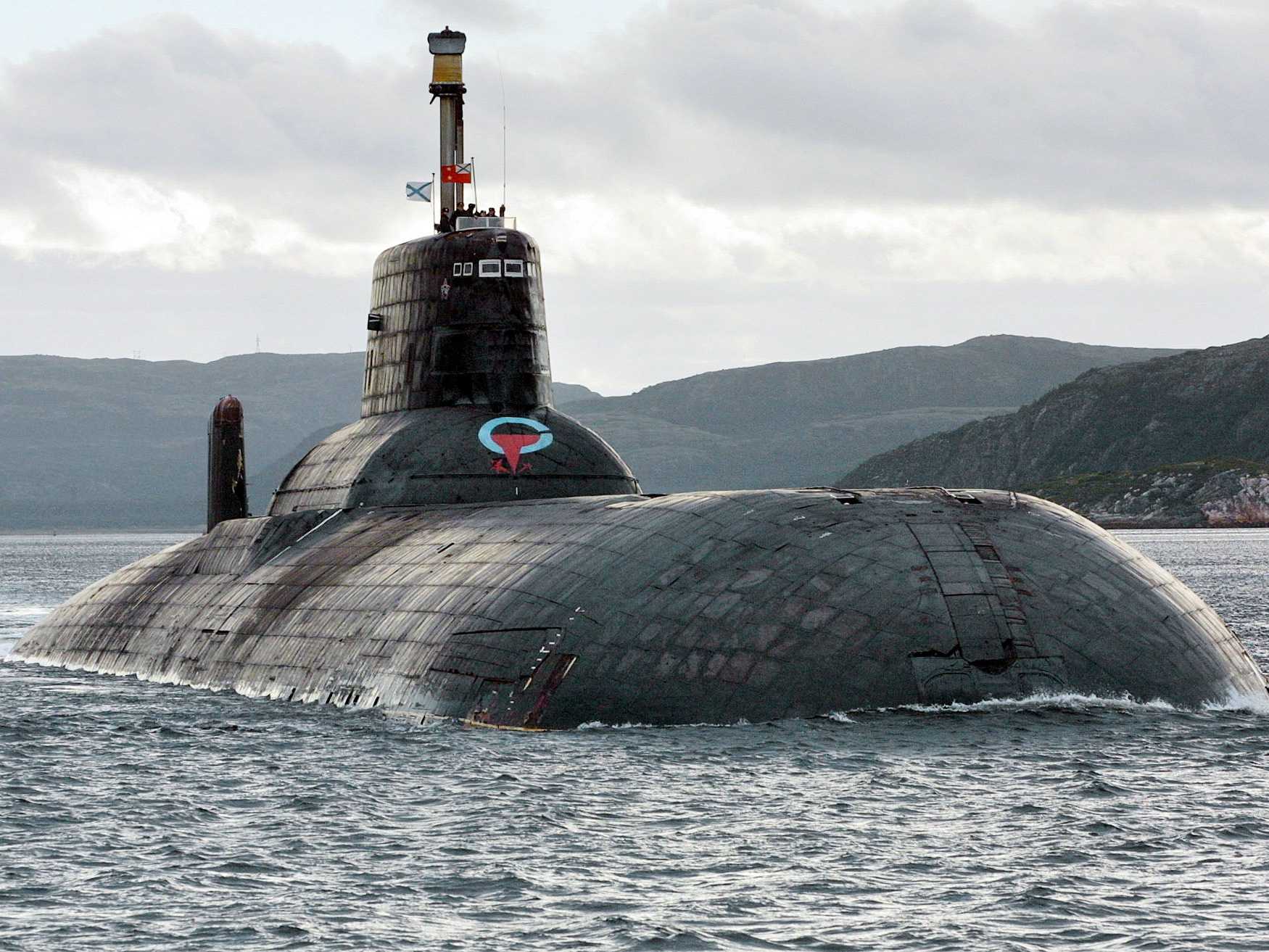Is Another Cold War Imminent?
By Jessica Canchola
I'm always a little skeptical when political observers forecast the next war to plague our time. Lately it seems network news and online media is overrun with grand announcements of the Third Intifada and World War III. Whenever these sorts of headlines flash onto my screen I usually just change the channel. So this week, when one unnamed European diplomat called Russia's recent naval activity "comparable to what we saw in the Cold War," I was doubtful. Sure, Russian submarines are coming suspiciously close to important underwater cables that transmit internet to the entire world. But the Cold War comparison seemed like a stretch — just another exaggeration being sported by the 24-hour news cycle — at least at first. The more I looked into it, the more I realized that the danger Russia’s deep-water endeavors have posed to global security cannot simply be dismissed as ripe pieces of clickbait. While it’s still too early to chalk up Russia’s actions to the beginning of another cold war, Russia’s increasingly aggressive actions are definitely reason to be concerned.
Russia’s activity below the waves has become a source of concern for the American military and intelligence communities. According to the Pentagon, Russian ships and submarines are traveling suspiciously close the underwater cables that carry 95 percent of the world’s communication and $10 trillion in global business every day. A few snips in key places have the potential to bring the international interaction our globalized world depends on to a screeching hault. Unlike recurring cable damage from dragging anchors and natural disasters that happen close to shore and can be quickly fixed, Russian submarines are poking around cables deep in the ocean. If these cables were to be damaged they would be extremely difficult to fix due to their inaccessibility.
The Pentagon believes that Russia’s deep-water endeavors are a part of a plan to attack critical lines during future conflict. While this seems like a hasty conclusion, there appears no other plausible explanation for why Russian submarines were seen plunging into the deep sea at the same depths where vital cables used by the American military are located.
Although the United States has also been using submarines capable of diving to such staggering depths since the 1970s, their missions have been for spying purposes, and have yet to result in the same kind of damage that Russian submarines, equipped with wire-cutting capabilities, currently threaten.
Russia’s potentially harmful naval activity fits in with its increasingly threatening behavior toward the rest of the world. News outlets like The New York Times have reported that Russia is currently developing a drone capable of carrying nuclear weapons to coastal areas. This, coupled with Russia’s armed interventions in Crimea, Ukraine, and Syria, make it difficult to consider these outward acts of aggression from the Kremlin mere coincidence.
The power-grabbing goals that Russia’s submarine endeavors, drone development, and intervention beyond its borders expose put it on a direct path opposite of the world’s current hegemon, the United States. While these actions have not been directly targeted at the United States or laden with the democracy-versus-communism rhetoric that characterized the Cold War, another showdown over world dominance between these old rivals is, indeed, imminent.
